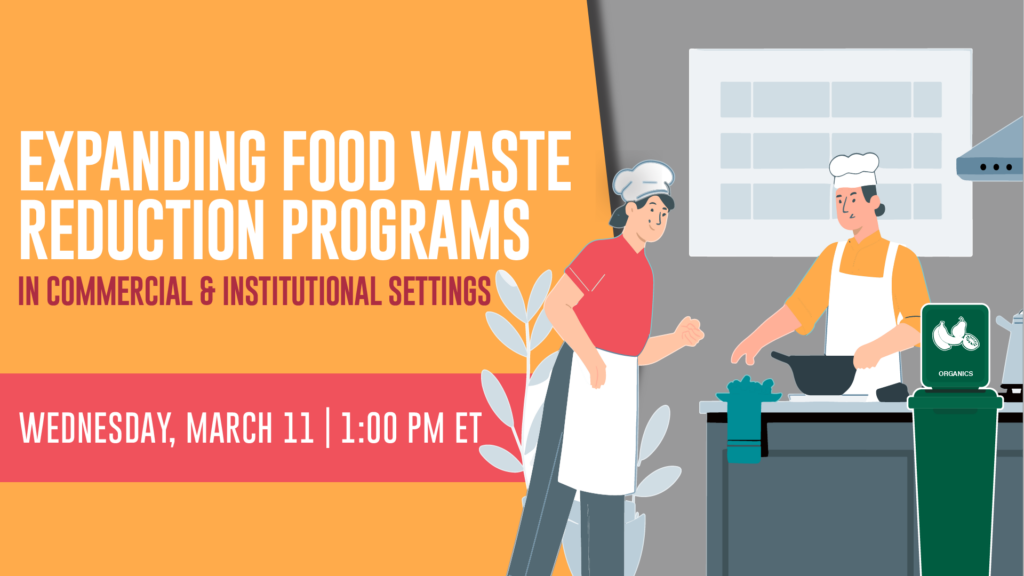Establishing and maintaining an effective municipal recycling program goes far beyond simply setting out containers and hoping residents use them correctly. To truly maximize the potential of recycling efforts, municipalities must consider the full scope of economic, social, and environmental benefits that come with a well-designed program. The positive outcomes from such an initiative extend well beyond waste management, helping to create a more sustainable, resilient, and thriving community.
In this blog, we’ll explore how implementing a comprehensive recycling program can deliver economic savings, boost social well-being, and contribute to environmental preservation—all while improving the overall livability of your municipality.
Economic Impact
When considering changes to waste management programs, budget constraints are often a top concern. The good news is that an enhanced recycling program can generate considerable financial savings. While it may require upfront investment, the long-term economic benefits are undeniable.
Reduced Waste Removal Costs
Traditional waste removal, especially in densely populated urban areas or remote regions, can be a significant financial burden for municipalities. By diverting recyclables such as paper, plastic, and glass from landfills, municipalities can reduce their waste disposal costs by up to 50%. For example, the Township of South Brunswick, NJ, found that recycling is 60% more cost-effective than solid waste disposal. While recycling collection does involve costs, these are often offset by the savings achieved through reduced landfill use.
Boosting Local Economies
Recycling isn’t just an environmental initiative—it’s a vital part of the economy. Studies, such as those conducted by Waste Wise, show that the recycling industry creates jobs and saves money for businesses and waste generators. Municipalities that invest in recycling programs contribute to local job creation, as industries that sort and process recyclables employ significantly more people than traditional waste disposal firms.
Circular Economy Opportunities
Recyclable materials often hold value in secondary markets, where they can be sold for reuse. By participating in these markets, municipalities promote a circular economy, reducing dependence on raw materials and offering potential cost savings from recycling haulers. This can open the door to additional revenue streams for municipalities while fostering sustainability.
Social Impact
A robust recycling program not only improves a municipality’s environmental footprint but also strengthens the social fabric of the community.
Enhanced Community Livability
Municipalities with comprehensive recycling programs often experience a boost in their overall livability. Studies show that cities with advanced recycling systems are more desirable places to live, which can attract new residents and increase property values. A cleaner, more sustainable city creates a sense of pride among its residents, encouraging more spending within the community and further boosting the local economy.
Fostering Environmental Responsibility
When municipalities invest in recycling, they send a powerful message to residents about their commitment to environmental stewardship. This can have a ripple effect, encouraging residents to take their own green actions at home and in their daily lives. The presence of recycling bins in public spaces, parks, and municipal buildings sets an example for the community, showing that sustainability is not just a priority for the government, but a collective responsibility.
Creating Social Pressure for Cleanliness
People are more likely to dispose of waste properly in litter-free environments. A visible and well-communicated recycling program not only reduces litter but also creates social pressure for residents and visitors to follow suit. When recycling and waste bins are available and properly labeled, community members are more likely to use them responsibly, which contributes to the overall cleanliness of public spaces.
Environmental Impact
While the economic and social advantages of recycling programs are clear, the environmental benefits are perhaps the most important in the long run. Recycling programs help municipalities reduce their ecological footprint and combat the pressing issue of climate change.
Pollution Reduction
Recycling reduces the pollution caused by waste disposal in landfills. Plastics and other materials left in landfills emit harmful chemicals and greenhouse gases over time, contributing to global warming. By diverting these materials from the waste stream, municipalities can significantly lower their pollution levels and create a cleaner, healthier environment for residents.
Conservation of Natural Resources
By recycling materials instead of relying on new raw resources, municipalities contribute to the conservation of precious natural resources like trees, water, and minerals. This, in turn, protects vital ecosystems and biodiversity. For example, by recycling paper, fewer trees are cut down, which helps preserve forests and the habitats of countless species.
Energy Savings
Recycling also plays a critical role in energy conservation. Manufacturing products from recycled materials requires far less energy than producing goods from raw materials. This not only lowers the energy demand but also reduces the strain on energy production and helps municipalities contribute to global efforts to mitigate climate change.
The Importance of Organics Recycling
Beyond traditional recycling programs, adding organics recycling—composting food waste, yard trimmings, and other organic materials—can further enhance a municipality’s environmental impact. Organic waste in landfills generates methane, a greenhouse gas 21 times more potent than carbon dioxide. Diverting organics from landfills helps reduce methane emissions, improves soil health through composting, and reduces the need for chemical fertilizers.
A robust recycling program benefits your municipality on multiple levels—economically, socially, and environmentally. By investing in and expanding recycling initiatives, municipalities can reduce costs, foster community pride, and make significant contributions to preserving the environment for future generations. Whether through curbside collection, public space recycling, or organics programs, each effort helps shape a more sustainable and livable community.
If you’re looking to take your recycling program to the next level, these benefits provide a compelling case for action. Start by evaluating your current program, identifying areas for improvement, and involving residents in the conversation. Together, we can create cleaner, healthier, and more sustainable communities.
Have ideas or experiences to share about improving municipal recycling programs? We’d love to hear from you! Let us know in the comments below.




